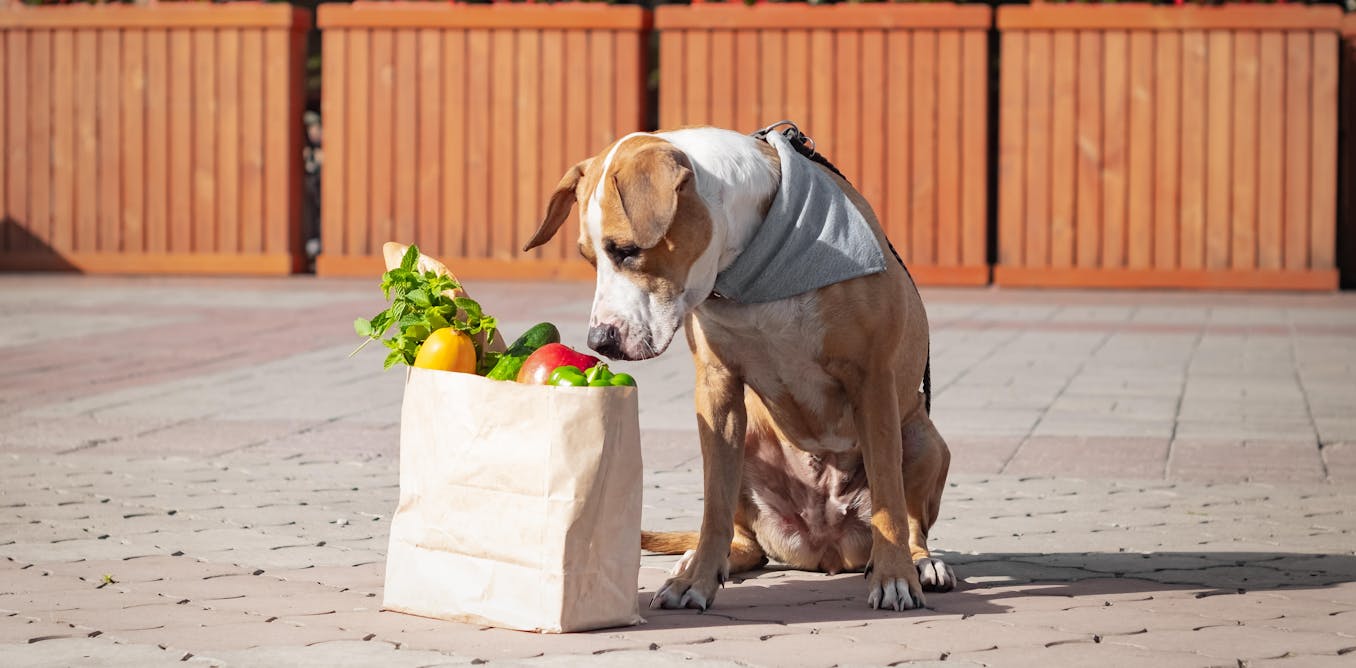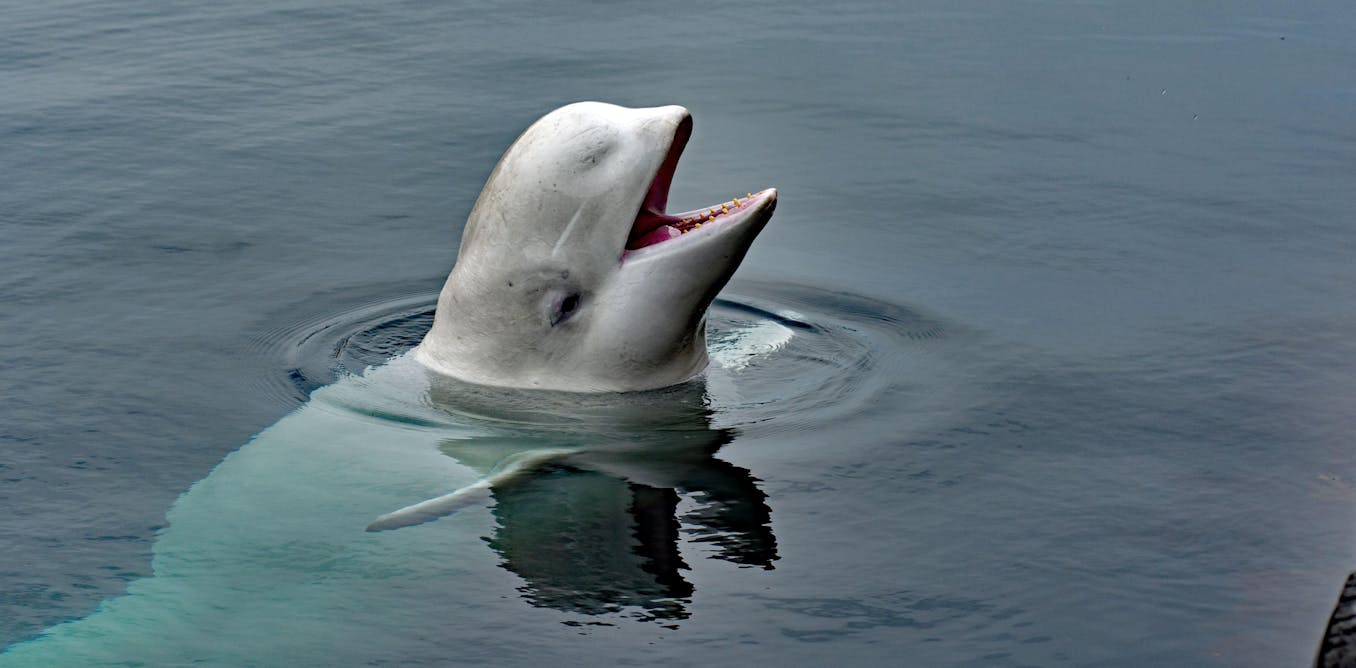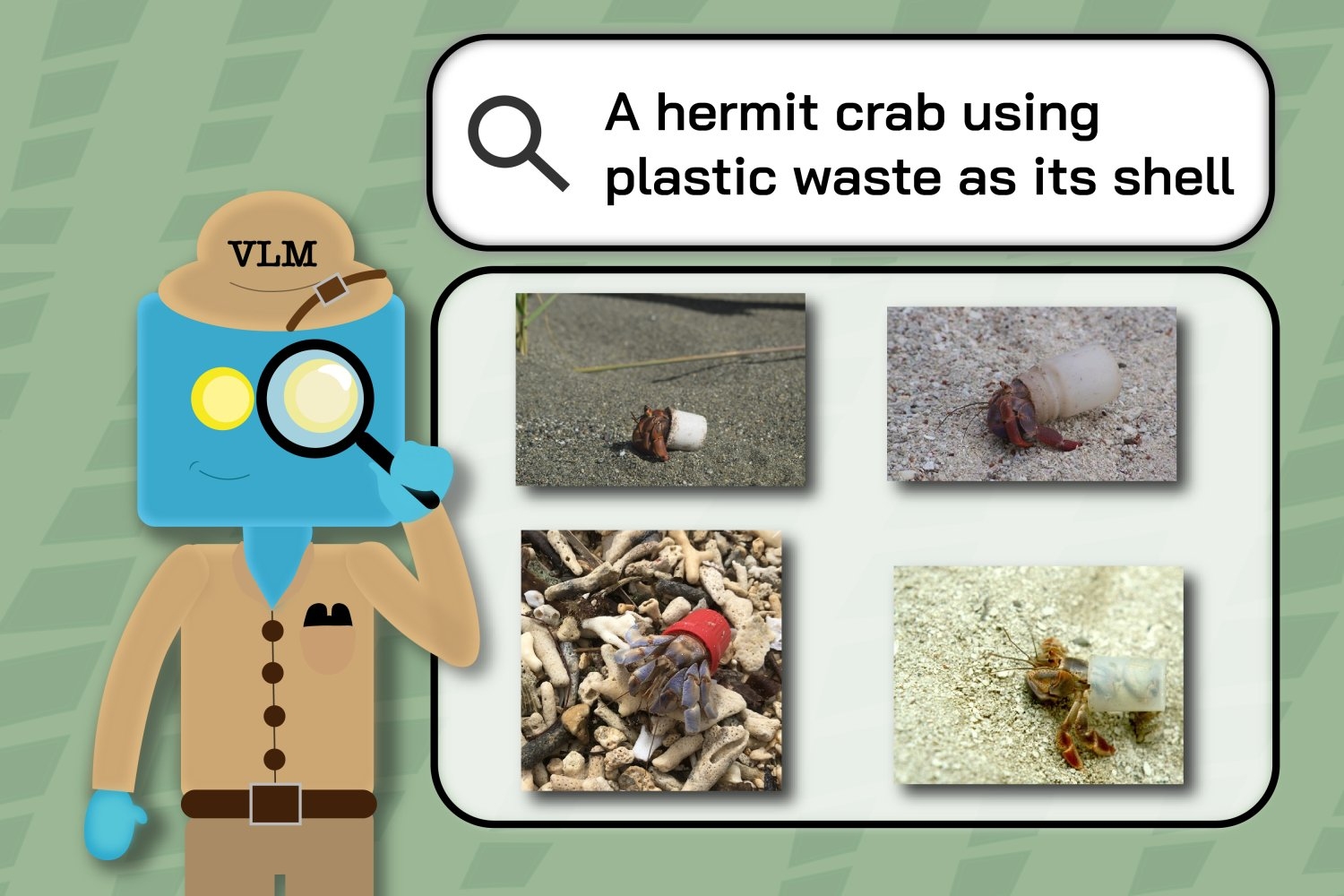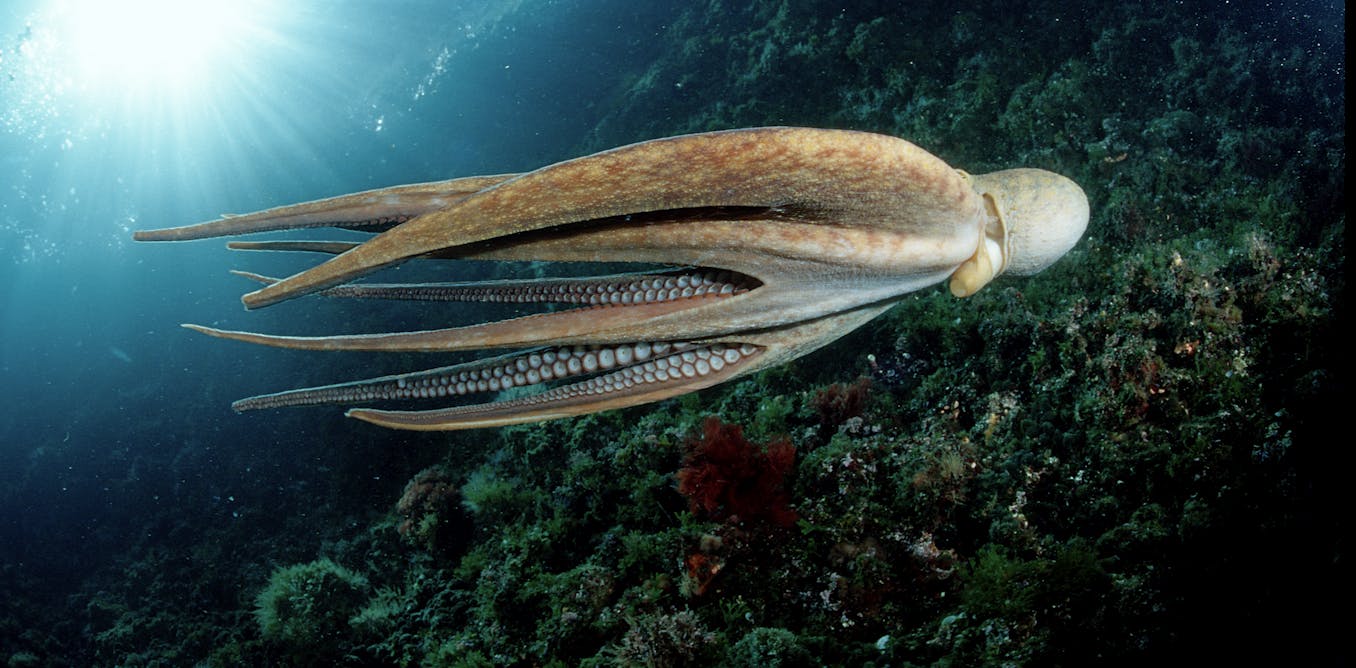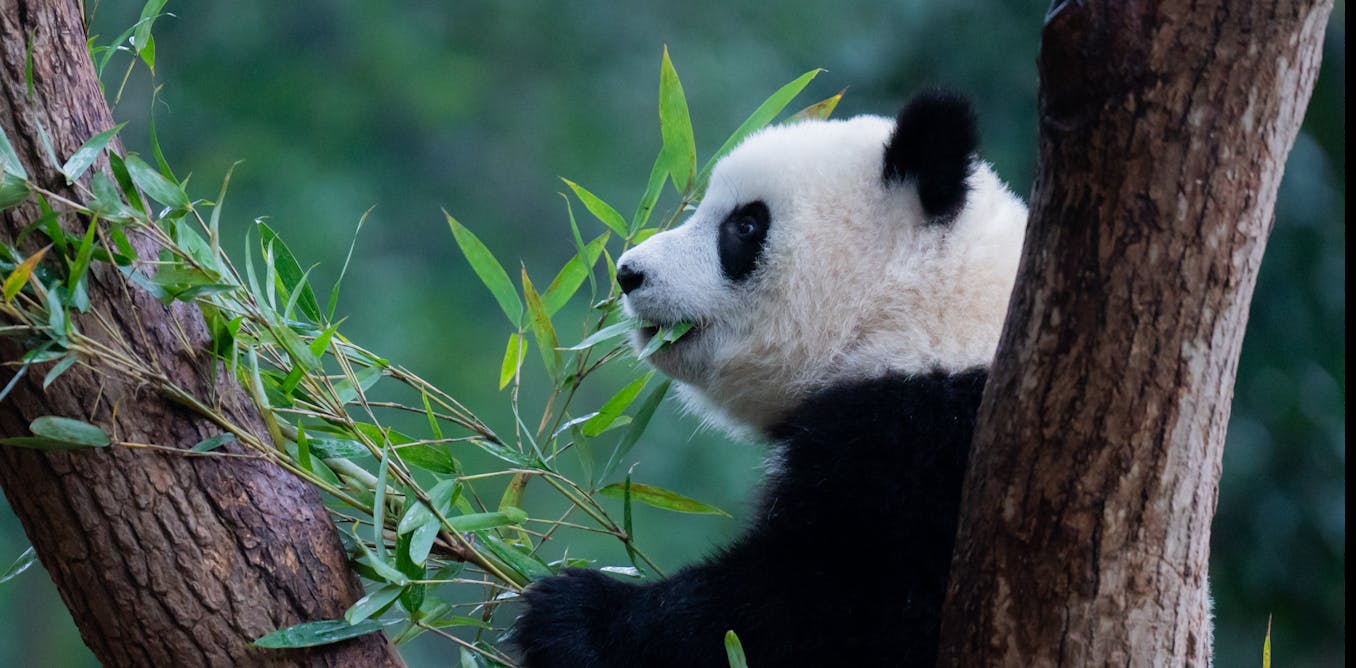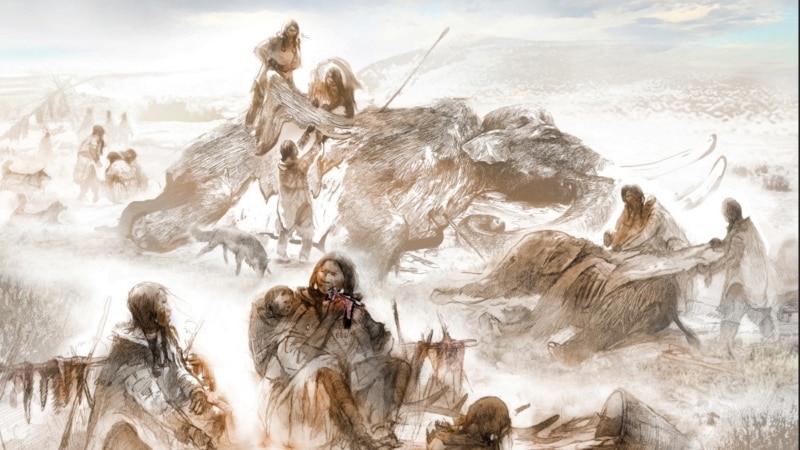What if every pet was vegan? Here’s how much it would help the planet
If every dog ate a vegan diet, it would prevent the equivalent of the UK’s annual CO₂ emissions.
Dec. 30, 2024 • ~7 min
The world’s most bizarre secret weapons: how pigeons, cats, whales and even robotic catfish have acted as spies through the ages
The history of spying shows that many agencies have experimented with using animals for undercover work to gather information.
Dec. 27, 2024 • ~7 min
Ecologists find computer vision models’ blind spots in retrieving wildlife images
Biodiversity researchers tested vision systems on how well they could retrieve relevant nature images. More advanced models performed well on simple queries but struggled with more research-specific prompts.
Dec. 20, 2024 • ~9 min
Octopuses and their relatives are a new animal welfare frontier − here’s what scientists know about consciousness in these unique creatures
Animal welfare laws don’t protect invertebrates, but there’s evidence that some, such as octopuses, are as intelligent as many mammals – even if their cognition takes very different forms.
Dec. 20, 2024 • ~11 min
Climate change is making plants less nutritious − that could already be hurting animals that are grazers
Rising carbon dioxide levels in the air are making plants grow larger and faster, but diluting their nutritional content. This could threaten the health of herbivores worldwide.
Dec. 20, 2024 • ~9 min
How tiny hoverflies migrate thousands of miles
New research shows how hoverflies adapt so they can migrate extremely long distances.
Dec. 13, 2024 • ~7 min
Ever wonder why your dog does this?
Study decodes neural mechanism that causes hairy mammals to shake their fur when wet
Nov. 26, 2024 • ~7 min
/
58



